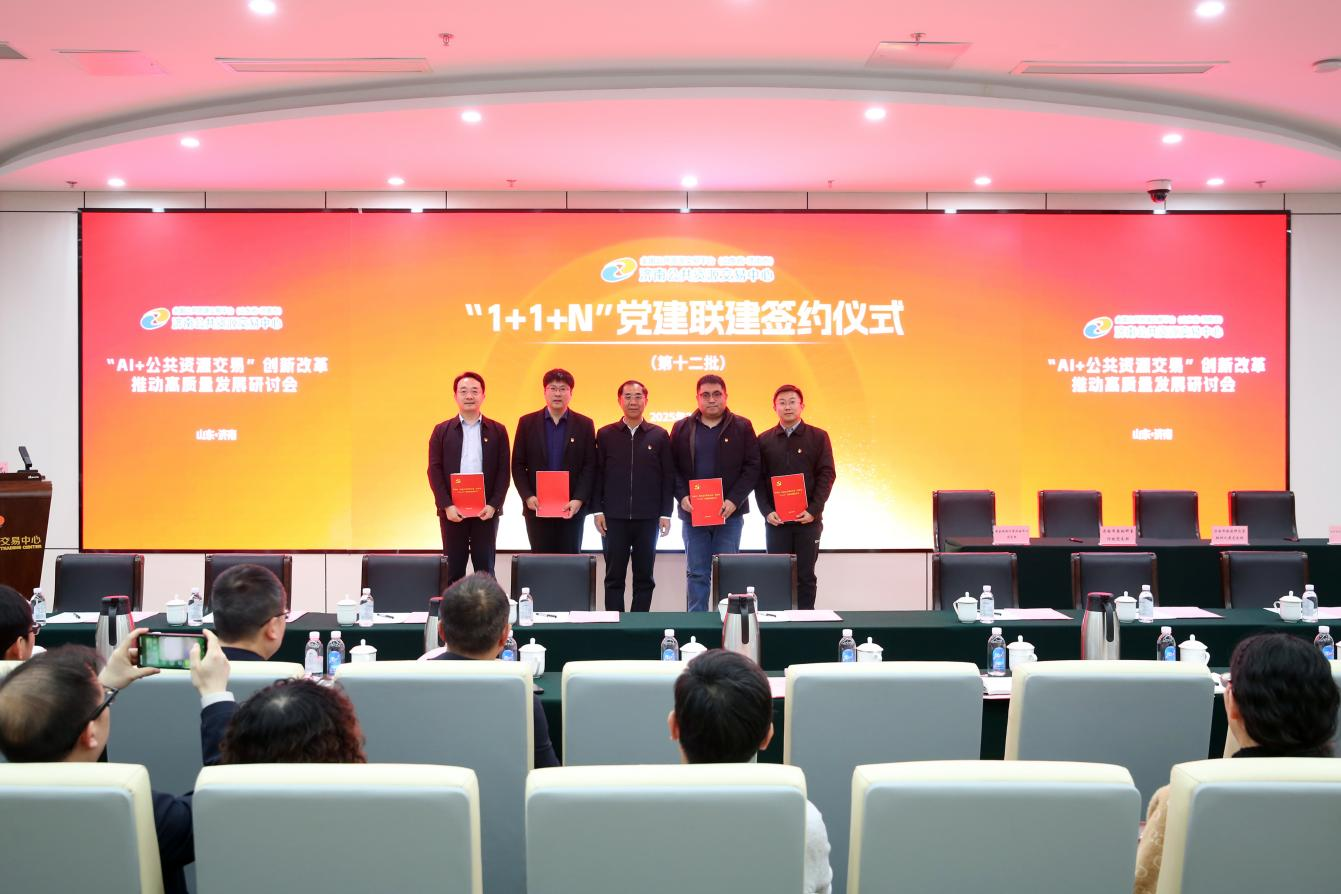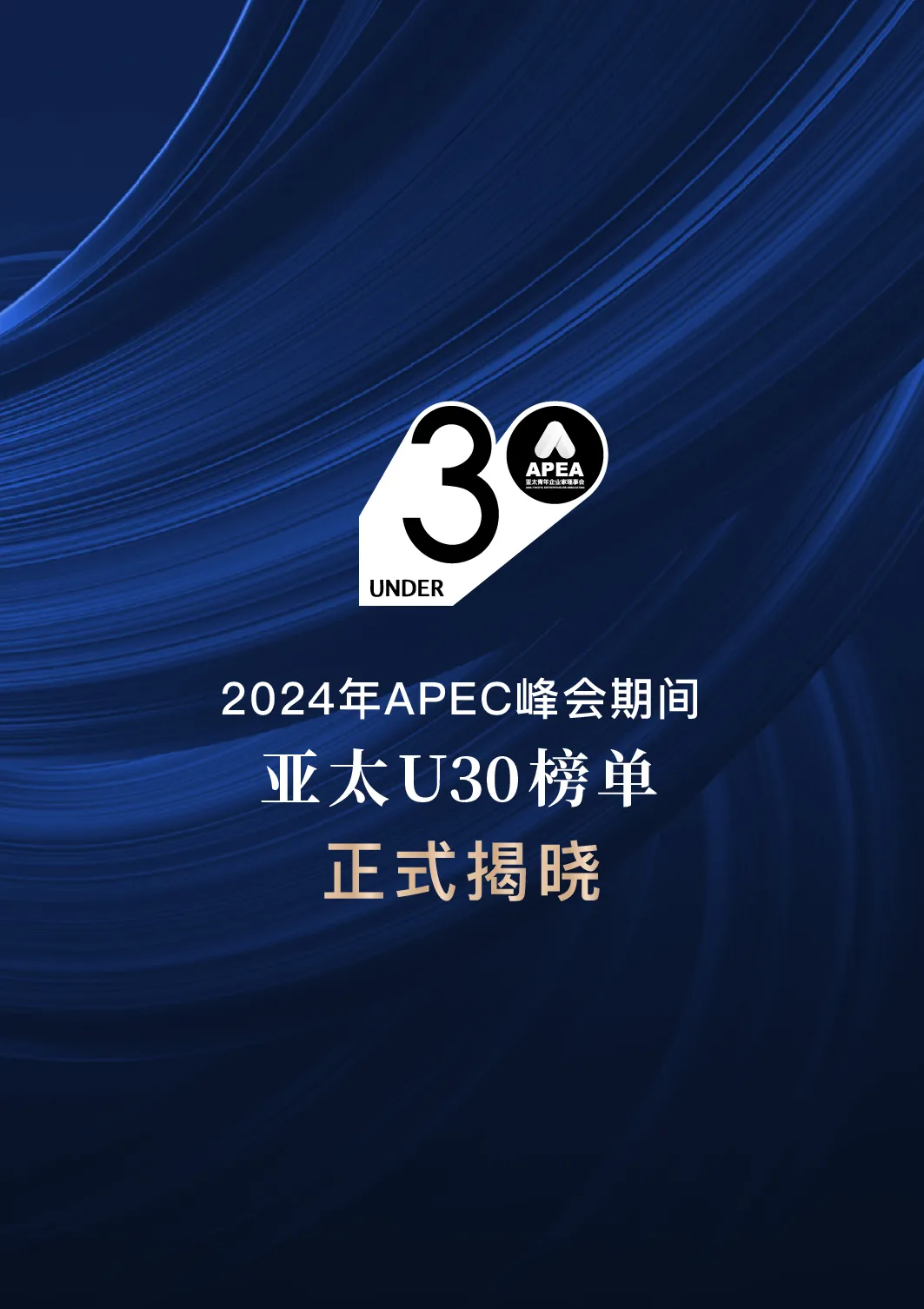
Heartdub and University of Manchester Partner to Explore Potential of Digital Materials for Sustainable Fashion
The collaboration between Heartdub and the University of Manchester has initiated an exciting new research project exploring the vast potential of digital materials in sustainable fashion. The project will be far-reaching and comprehensive, taking into account a wide range of factors beyond physical and chemical properties to the fiber level of digital materials. The researchers will conduct a meticulous and detailed analysis to identify the unique properties of digital materials and assess their viability in the fashion and textiles industry.
Nestled in the heart of Manchester’s fabled cotton mill heritage, the University of Manchester joins hands with Heartdub in a natural alliance for their research project. Driven by the ever-changing preferences of the younger generation, the pressing need for sustainability, and the dynamic global environment, organizations strive to explore uncharted avenues of innovation and expansion. Digitization, with its untapped potential, has emerged as a compelling path to achieve these goals. Heartdub’s ground-breaking 3D digital materials simulation technology, an exemplar of technology-enabled sustainable growth in the fashion industry, serves as a beacon of hope. The amalgamation of Heartdub’s cutting-edge technology and the University of Manchester’s distinguished materials science and engineering expertise will pave the way to a new era of sustainable fashion. This crucial milestone heralds a new standard for sustainable fashion, empowered by the transformative potential of digital materials.
The Heartdub-University of Manchester collaboration is an audacious move towards realizing an ecologically-conscious and economically-viable fashion industry. The project’s primary goal is to ignite a spark of inspiration in the industry towards a future of sustainability. Drawing upon the latest innovations in materials science, AI, and big data, the partnership endeavors to set a new standard for sustainable fashion by harnessing the transformative power of digital materials. The research team will meticulously examine the properties of digital materials, deciphering their characteristics and potential applications in the field of textiles and fashion. They will then extract valuable physical properties such as stiffness, elasticity, and tensile strength, to empower the creation of more precise and lifelike simulations. In addition to physical property, the researchers will conduct a comprehensive fiber-level analysis of digital materials. This will enable them to gain a deeper understanding of the materials’ potential applications in the fashion industry. Next, the team will design algorithms for simulating the behavior of digital materials, thus accelerating design processes, reducing costs, and making the process more efficient.
The realm of simulation technology has ushered in a new era of innovation and sustainability, and the textile and apparel industry is no stranger to its transformative winds of change. Driven by the potential of digitalization, the industry is venturing into uncharted territory to create a more sustainable and eco-friendly fashion. The partnership between Heartdub and the University of Manchester underscores the conviction that through joint efforts, we can build a more promising tomorrow for posterity.
The joint research project has the power to make a significant impact as digital materials can drastically reduce waste and enhance the efficiency of the fashion production process. By innovating new digital materials that are both environmentally conscious and economically efficient, Heartdub and the University of Manchester strive to encourage the fashion industry to embrace sustainability.
Moreover, this collaborative research has the potential to extend beyond the fashion industry and benefit other sectors such as aerospace, automotive, and construction. The Heartdub and University of Manchester collaboration epitomizes the significance of interdisciplinary research in confronting complex challenges and forging a brighter future.
Source: the University of Manchester





 京公网安备11010502056979号
京公网安备11010502056979号